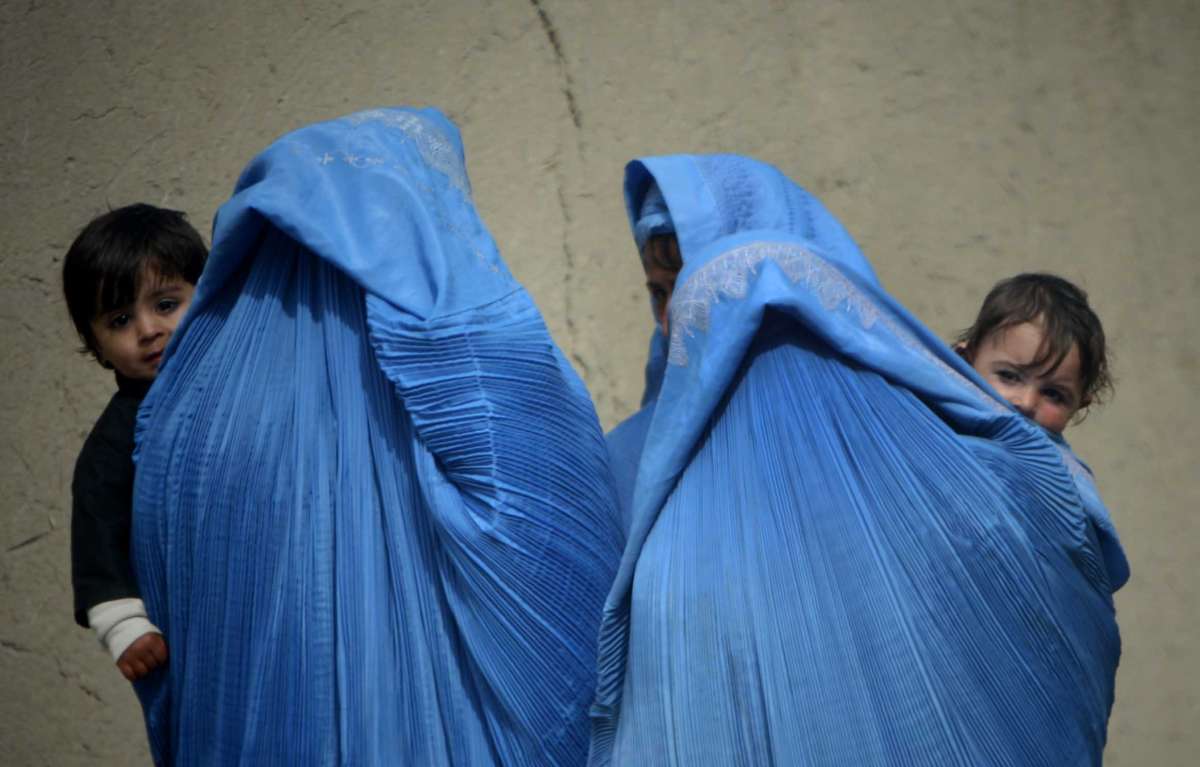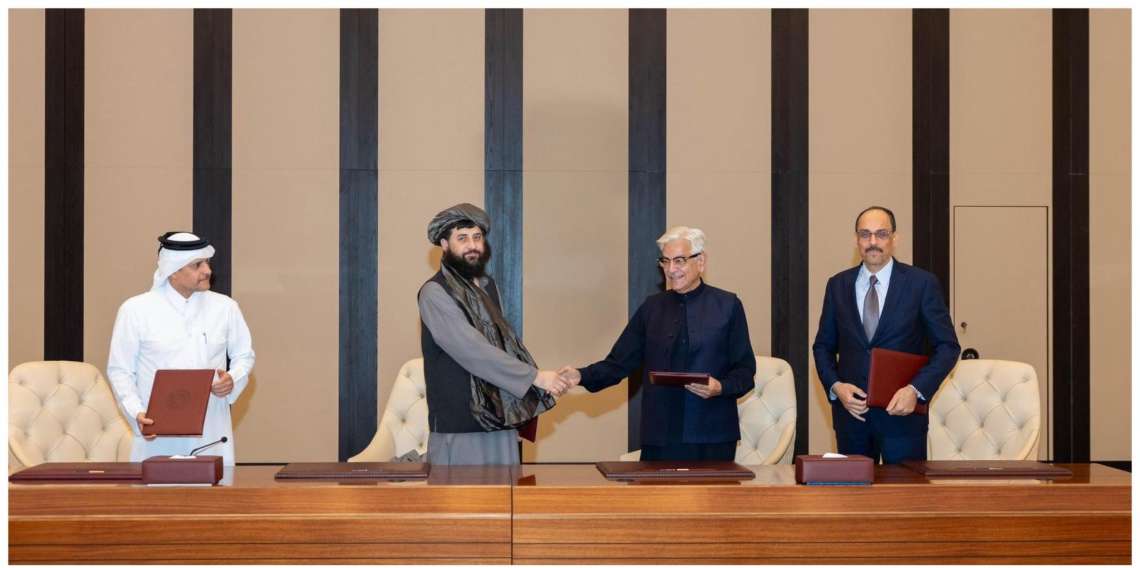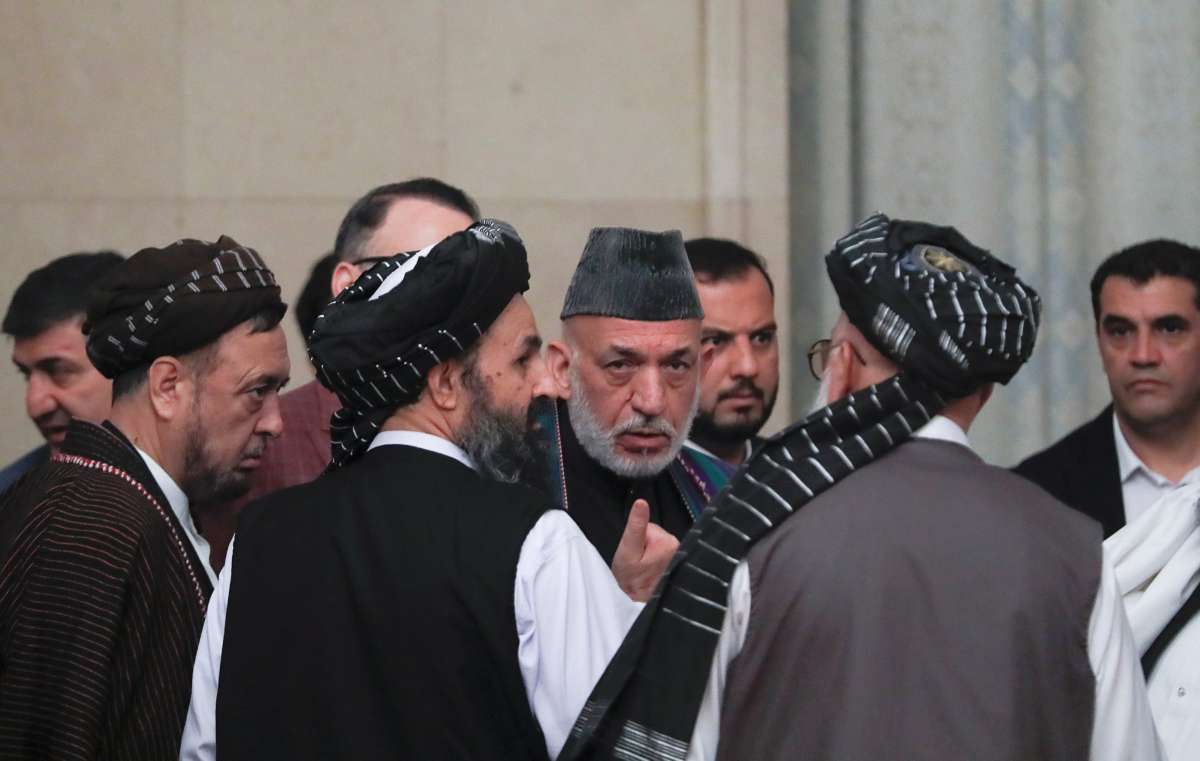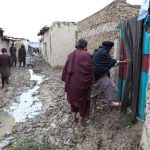She stressed that the primary reasons for the deprivation of education for women over the past two decades are security concerns, economic problems and traditional cultural values in Afghanistan…reports Asian Lite News
Amid the worsening humanitarian situation in Afghanistan, especially that of women and young mothers, women’s rights activists have said the recent political upheaval and repressive policies of the Taliban have not only set the country back by decades but also adversely affected the female literacy rate, Khaama Press reported.
Maryam Maroof Arvin, the head of the Saffron Sunday movement and a human rights activist, emphasised the importance of primary education for women.
She said providing primary education for women is crucial as it significantly impacts their progress and decision-making, Khaama reported.
In traditional Afghan society, Maryam said, women’s education is not a priority in many regions, according to Khaama Press.
She stressed that the primary reasons for the deprivation of education for women over the past two decades are security concerns, economic problems and traditional cultural values in Afghanistan.
Noting that the political factors significantly influence women’s status, she underlined the need for fundamental changes to eradicate women’s illiteracy and bring a comprehensive change in mindset and governance in the country.
Samia Haqju, another women’s rights activist, said education brings a positive change to an individual’s thinking as well as behaviour. Most importantly, she added, women become aware of their rights through education along with active participation in society, Khaama Press reported.
Claiming that the literacy rate among women in Afghanistan is meagre, she said many women in remote areas of the country have had limited access to education in the past two decades.
The Asian Development Bank (ADB), in a recently published report, stated that women in Afghanistan are at the lowest literacy level in the world, with only 29.8 per cent able to read and write.
Zarmina, a 50-year-old resident of a village near Kabul, said she could not pursue education owing to the wars, migration and other difficulties. She underlined the importance of literacy in life, saying that education was key to women breaking new ground across the world, Khaama reported.
Banning women’s and girls’ education in the country leads to a setback in women’s education, she added.
Aisha, a 38-year-old woman, lamented how the Taliban took away women’s education.
“I was just beginning to study in a literacy course when the Islamic Emirate came to power, and, once again, education was taken away from us. I felt hopeless,” she said.
She said the state of women in Afghanistan has never been good, adding that one of her aspirations is for her sons to get a proper education for a bright future, according to Khaama Press.
Aisha, another resident, said, “I want no woman in Afghanistan to remain illiterate. I hope other women don’t get to experience what I did.”
Earlier, on Friday, Maleiha Malik, executive director of Protect Education in Insecurity and Conflict (PEIC), said Afghanistan features prominently among countries facing the worst educational situation, Tolo News reported.
Malik noted that education in Afghanistan has been damaged by the “state actors and armed non-state actors”, adding that new barriers to education in Afghanistan are still challenging.
Despite the unsubstantiated and tall claims of the Taliban, a startling 80 per cent of Afghan girls and young women, who are of school-going age, are currently denied access to education under the Taliban regime in Afghanistan, a new report by Care International stated, according to Khaama Press.
It has been more than two years since girls above grade six have been prohibited from attending schools in Afghanistan, and it is unclear when those doors will reopen, Tolo News reported.
Afghanistan remains the only country to ban girls’ and women’s education, resulting in a substantial economic toll of approximately USD 5.4 billion. (ANI)













